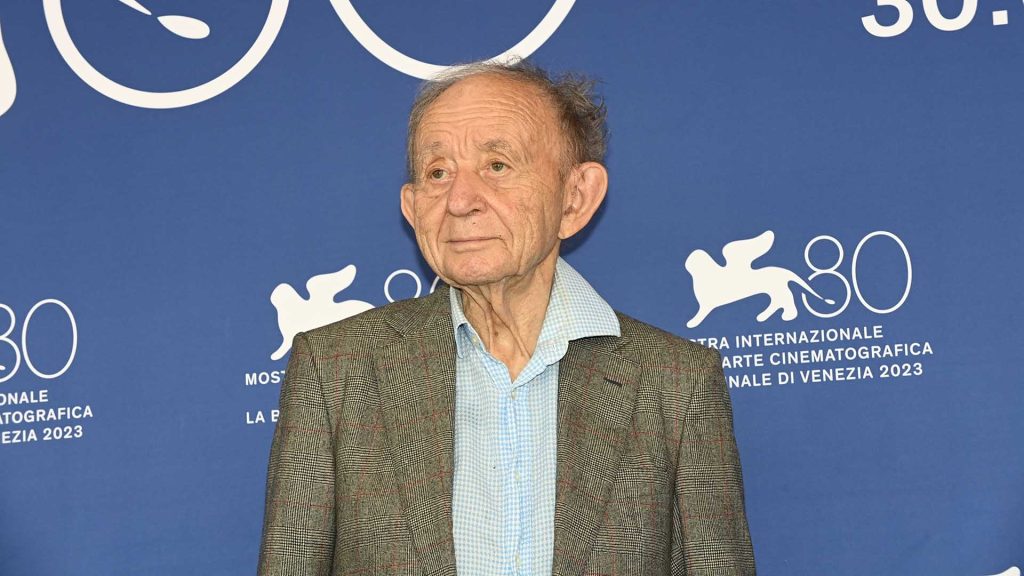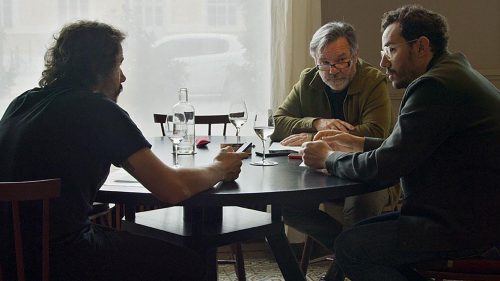
There’s nothing social, cultural, economic in man’s biosphere that Frederick Wiseman, one of the greatest living documentarists, didn’t explore with his camera in over fifty years of work. All the human devices created by human activity (schools, hospitals, social services, psychiatric hospitals, prisons, malls, public parks, libraries, museums, cultural spaces, entertainment centres, local communities, metropolitan neighbourhoods, etc…) have been analysed, dissected, turned inside out by Wiseman with a sober, non-militant, almost detached approach.
Ever since his first, stunning film, Titicut Follies of 1967, Wiseman explored American institutions to reveal their mechanisms, their flaws, the social injustice standing behind their functioning. Wiseman’s camera witnesses fragments of reality, of truth, that compose the matrix’s complex articulations, and adds no external comment that might set an aprioristic point of view. No prejudice, no forcing of this idea or the other. This is the miracle of his movies: they interject the inner workings of power just by letting the subjects do the talking. He films conversations, transactions, work meetings, everyday activities to render truth with the same meticulousness of the mosaic artist, patiently lying tile after tile to compose a final truth.
Wiseman’s truth is not bright, shiny, and straight. On the contrary, his truth emerges slowly, as slowly is the editing phase – we are talking about four to six months’ worth of editing for each title. Wiseman’s truth appears by consecutive reveals, a series of maieutical extractions, and it is precisely this slow exploration process that makes his cinema one of the most comprehensive works on the sense of modern society.
At age ninety-three, Frederick Wiseman keeps working. In Venice, he will present a film on the secrets of a three Michelin stars-awarded restaurant, a film that promises to be yet another brilliant X-ray of a true and proper institution.

A typical working day at Les Troisgros, a Michelin 3-star restaurant in Ouches, in the Lyon region, France, to find out more about one of the most prestigious restaurants in the country.
...Wiseman debuts with a disturbing film on the inmates at the Bridgewater State Hospital for the criminally insane.
An examination of Neiman Marcus, the luxury mall chain founded in Dallas to later open stores all over America. The film closes on the party held in 1982 for the 75 years of business. A few months ago, 38 years after said party, Neiman Marcus declared bankruptcy and closed all remaining 48 stores.
How do New Yorkers use Central Park? What issues, what complexity, what competence, and what negotiations are needed to make any public or private body function as intended?
The Paris Opera Ballet’s life is dissected before the camera lens in its glaring contradictions between the beauty of dancing bodies and its rigid, hierarchical discipline.
For public libraries, the buying of books is now one of the least pressing activities. They are now more focused on other, more urgent goals of protecting and developing culture more generally. A beautiful documentary on the problematic, majestic sense of public education today.
Wiseman’s fiction films are few and far between. This is one of them, presented at the 2022 Venice Film Festival: the story of Sofia Tolstaya’s letters to her husband, Leo Tolstoy.